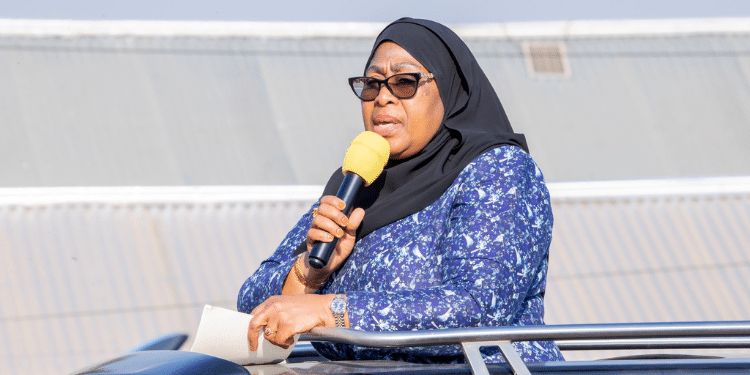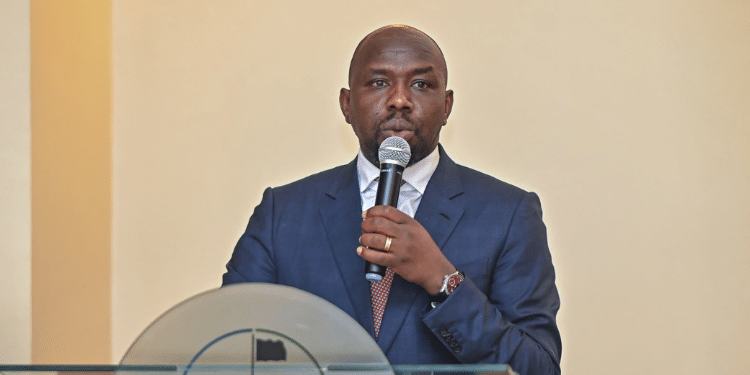Marriage is no longer a priority for many young women in Nairobi according to the latest report.
Between February 3 and 19, Mwelekeo Insights has been engaging women between the age of 18 and 30 in Nairobi on their perspectives on marriage with emphasis on ideal age, education and career factors.
Other factors considered during the research include fulfilment, polygamy, societal and religious factors among others.
According to the report published on Tuesday, February 25, personal aspirations are redefining how women in the city perceive marriage, with many opting for polygamous unions or choosing to forgo marriage altogether.
Why Marriage is No Longer a Priority
According to the survey, only 29% of respondents viewed marriage as an essential life goal.
On the other hand, 53% of the respondents stated that marriage was not a priority for them, while 18% remained undecided.
The women explained that they were prioritizing personal growth, career aspirations, and financial independence over traditional marital expectations.
The research also found that 59% of respondents believed that marriage was not necessary for personal achievements and independence.
Instead, they noted that education, career advancement, and financial stability were the primary sources of fulfillment.
Also Read: Attorney General Unveils VIP Marriage Room: How it Works
Why Women Prefer Polygamy
At the same time, the study revealed that 51% of respondents were open to entering into polygamous marriages if it would economically transform their lives. This perspective challenges the traditional notion that polygamy is solely a patriarchal structure that disadvantages women.
This means that for more than half of the respondents, polygamy presents an alternative to singlehood while offering economic benefits, especially in a tough financial climate where single-income households struggle to thrive.
Moreover, 53% of respondents expressed varying views on marriage, with 33% stating it played a small role in their lives and 14% saying it had no impact.
However, 50% of the women reported that family perspectives on marriage influenced their outlook, either positively or negatively.
Also Read: Landmark Ruling Sets Condition for Couples in Customary Marriages to Seek Divorce
Women Who are More Likely to Consider Marriage
67% of highly educated and employed women (university and above), who responded to the survey deprioritize marriage, while those with lower education levels (33%) are more open to it.
Furthermore, 70% of non-religious women are more likely to see marriage as unnecessary, while 30% of religious women still value it.
Also, 62% of urban women deprioritize marriage, compared to 38% of rural women, where traditional values are still important.
Follow our WhatsApp Channel and join our WhatsApp Group for real-time news updates.











































































